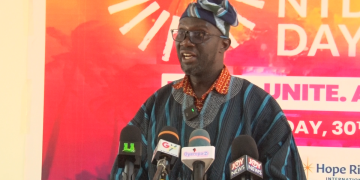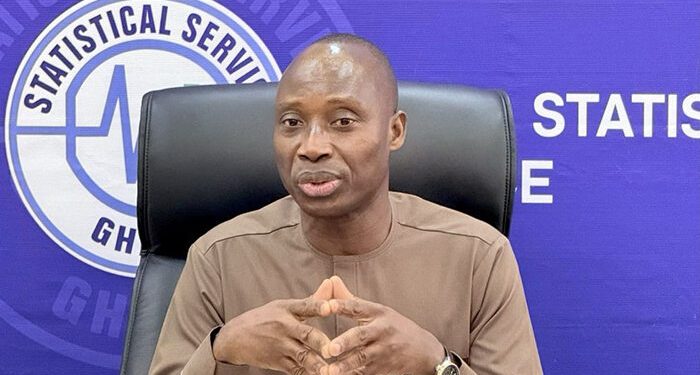Ghana’s slide toward price stability — with year-on-year inflation down to 9.4% in September 2025 — was matched by a targeted set of recommendations from the Ghana Statistical Service (GSS) aimed at cementing those gains.
In a presentation to stakeholders, Government Statistician Dr. Alhassan Iddrisu set out distinct actions for households, businesses, and government to preserve disinflation and support a durable economic recovery.
For households, the message is simple and pragmatic: “take advantage of the falling inflation to plan ahead” — in other words, budget smarter, avoid unnecessary spending, and try to save even small amounts to build buffers against future shocks.
That guidance is designed to protect real incomes now that headline inflation has eased and to reduce household vulnerability if prices spike again.
To the private sector, the GSS urged firms to use the disinflation window to improve competitiveness.
The presentation calls on businesses to “invest in efficiency and local supply chains while inflation is low,” to “cut waste, strengthen sourcing from local producers, and reposition to grow as the economy stabilizes,” and to “pass cost savings to consumers where inputs are cheaper to build trust and competitiveness.”
These measures would help firms lock in margin gains, reduce import exposure, and support consumer demand as inflation comes down.
On the public policy side, the GSS framed clear supply-side and fiscal priorities: “Maintain fiscal discipline,” “focus resources on keeping food prices low by strengthening storage, irrigation, and transport,” and “Tackle regional disparities.”
Implementing these steps, the GSS argues, is central to preventing a reversal of the recent disinflation and to ensuring price falls translate into broader economic gains, including improved investor confidence.
Source: www.kumasimail.com



































































